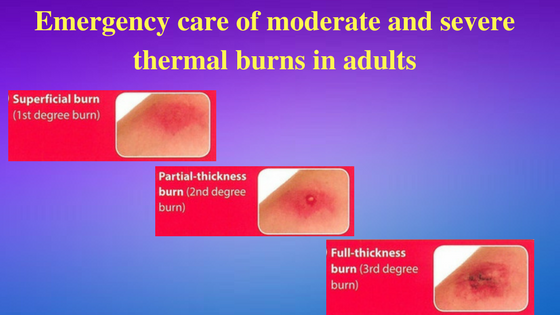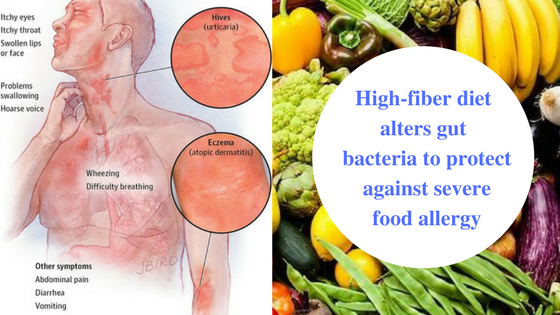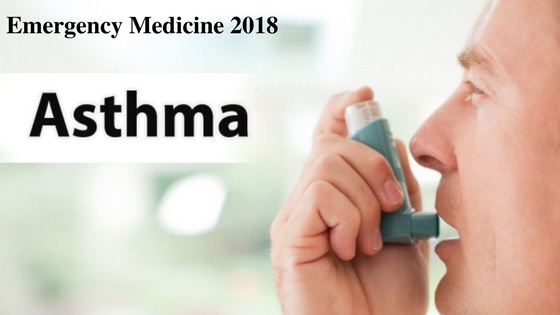
Emergency care of moderate and severe thermal burns in adults In worldwide thermal burns are the leading cause of accidental injury and death. In spite of the fact that the vast majority of injuries do not require hospitalization, severe burns can lead to significant morbidity and death. The overall severity of the burn injury (minor, moderate, severe) can be determined by a combination of the burn mechanism, burn depth, extent, and anatomic location, which gives general guidance for the preferred disposition and care of these patients. In this manner it is essential that clinicians properly characterize the size and severity of their patients' burns. Reassessment of thermal burn size and depth is important, especially early in the management of patients with severe injuries, as the extent of injury often increases. Initial Assessment and Treatment: Initial treatment and assessment of severe burn cases is performed simultaneously with trauma resuscitation. The main fo...



